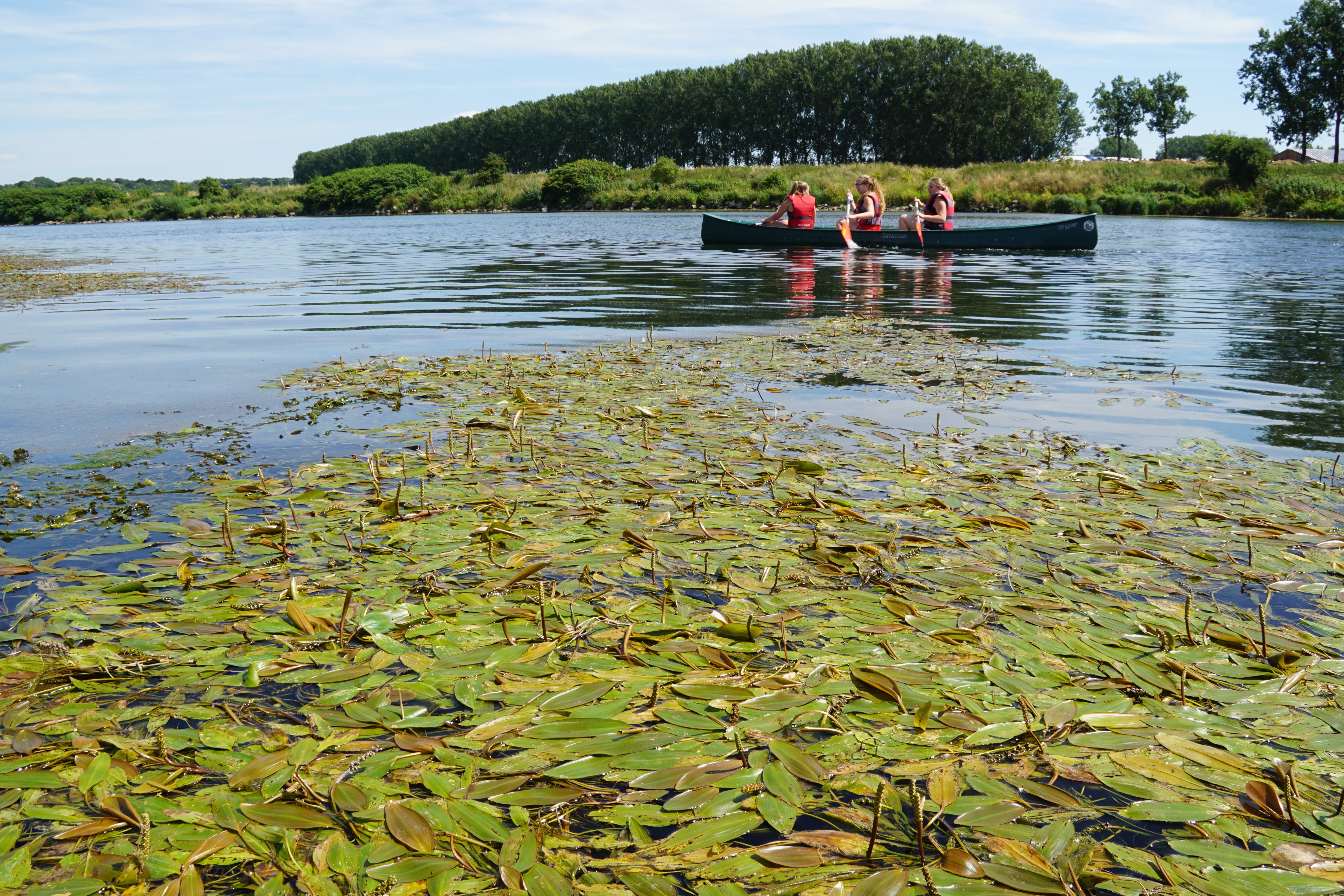PROCESS ORIENTED NATURE CONSERVATION (PONC): TOWARDS A WILDER, CHEAPER AND MORE ROBUST NATURE MANAGEMENT
European society faces many challenges, not the least in the face of climate change and the corresponding increasing intensity and occurrence of extreme weather events. To conserve biodiversity and the wellbeing of human society, we need to explore nature-based solutions for these challenges.
Process-oriented nature conservation, allowing for functional ecological processes driving nature, is one of the major nature-based solutions available. Ecological processes such as flooding, free roaming and migrating grazing animals, wind and fire, can lead to wilder and more robust nature intertwined with human habitation, agriculture, industry and forestry.
To rule out human presence in the landscape is obviously impossible in large parts of Europe, so we need to focus our efforts on maintaining, restoring and (re)creating robust and resilient nature, capable of coping with the increasing pressure of human population, water and land use and climate change. Wild and robust nature side-to-side with human activities will prove to be an invaluable tool to mitigate the consequences of climate change and to halt the loss of biodiversity.
PROJECT GOALS
The aim of the Erasmus project ‘Process Oriented Nature Conservation’ or PONC project was to develop a handbook on which includes an overview of natural processes in a man-made landscape, potential benefits of the PONC approach and a detailed description of what this in practice looks like. Furthermore, potential stumbling blocks and their possible solutions are discussed. The handbook also includes tips on stakeholder participation. This handbook will be available online after publication at the end of summer 2023.
Heading towards the completion of our handbook in September, we happily invite you to take a look at our photobooklet 'Process Oriented Nature Conservation. Towards a wilder, cheaper and more robust nature management'.

FINAL EVENT
On June 12th and 13th 2023 we presented our result during the end event “Using Nature As A Guide - Exploring the potential of natural processes in a man-made landscape”. During this final project conference, we shared these insights, supported by international keynote speakers from a different background such as Liesbeth Bakker (Professor in Rewilding Ecology, WUR), Charlie Burrell (Rewilding Knepp Estate in the UK), and Jörgen Andersson (Regenerative Agriculture, Savory Institute Nordic Hub in Sweden). Next to the conference the participants also went outside to see example areas like Bosland, Kempen-Broek and the Maasvallei where natural processes were implemented and restored. This final official day of the project left us with even more knowledge, inspiration and valuable contacts. A short video with some of the keynote speakers was made, which explains the project and its aims around natural processes for a wilder, cheaper and more robust nature management.
Partners of PONC
Since most existing efforts are situated in remote and deserted areas, six partners from five European countries explore the potential of allowing, restoring and supporting natural processes in a man-made utilised landscape, such as our European agricultural and urbanised landscapes:
- Belgium: Natuurinvest (coordinator) and Natuur en Bos have been working on issues in relation to public perception with predators in densely populated areas.
- The Netherlands: ARK Nature has been pioneering rewilding approaches in one of the most densely populated countries in the world for many decades.
- Sweden: Fjällbete has been working on holistic regenerative agriculture.
- Sweden: Pro Natura has been involved in wood pasture restoration and different solutions for areas that lack grazing animals.
- Romania: Milvus Group has been focusing locally on individual species’ initiatives.
- United Kingdom: Knepp Estate has a large rewilding project in a very intensively managed agricultural landscape.
Co-funded by the Erasmus+-Programme of the European Union, we were looking for succesful cases and investigate their driving forces. By applying those to different European landscapes, we evaluated the experiences we made and developed guidelines for successful implementation in new areas in Europe, thus multiplying the scale and potential impact of wild and robust nature, intertwined with human activity.





